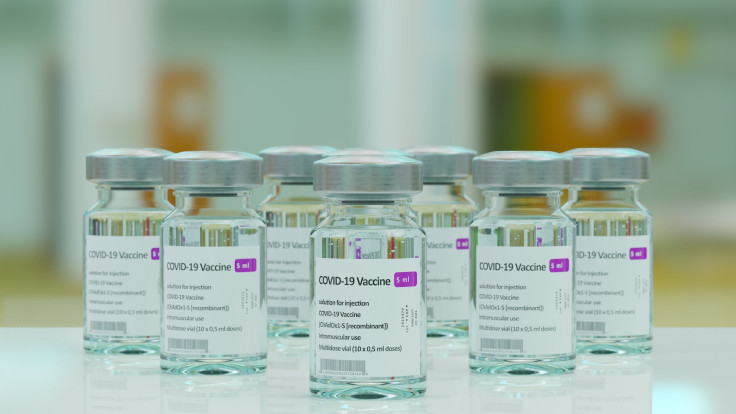From Scientific Breakthrough to Political Controversy: The mRNA Vaccine Debate
Once hailed for saving lives, mRNA vaccines now face mounting political and public scrutiny

Despite widespread use during Covid-19 pandemic, mRNA vaccines have become a subject of growing political and social debate worldwide.
In several countries, including the United States and parts of Europe, opposition groups and politicians have questioned their safety and effectiveness as this scepticism has been exacerbated by misinformation, social media-driven conspiracies, and concerns over government mandates.
The public health experts have warned that the spread of false information undermines vaccine confidence and hampers efforts to control infectious diseases.
According to The Guardian, political resistance to mRNA vaccines is influencing public health policies in various regions, with legislative efforts underway to restrict vaccine mandates or funding.
mRNA, the saviour in pandemic
Messenger RNA (mRNA) vaccines were widely praised for their rapid development and efficacy in tackling the pandemic, unlike conventional vaccines, which rely on weakened or inactive viruses, mRNA vaccines instruct cells to produce a protein that stimulates an immune response.
This novel technology allowed pharmaceutical companies to develop and distribute vaccines in record time, helping to save millions of lives worldwide.
The World Health Organisation's 2023 report noted mRNA technology as a significant advancement in vaccinology, with potential applications extending beyond infectious diseases to areas such as cancer treatment and genetic disorders. Pharmaceutical firms like Moderna and BioNTech, which spearheaded mRNA vaccines, continue to invest heavily in research, aiming to unlock further therapeutic uses.
Regulatory Reassurance and Public Confidence
Regulatory agencies such as the European Medicines Agency (EMA) and the UK's Medicines and Healthcare products Regulatory Agency (MHRA) continue to affirm the safety and efficacy of mRNA vaccines based on extensive clinical data and ongoing pharmacovigilance monitoring.
Nevertheless, public confidence remains uneven. A survey published in 2023 found significant variations in vaccine trust across different countries, often linked to political polarisation, cultural factors, and media influence.
Experts have expressed concern that politicising mRNA vaccines could hinder future medical progress. Dr Soumya Swaminathan, Chief Scientist at the World Health Organisation, emphasised the need for transparent communication and public engagement to address these barriers. She warned that failure to rebuild trust risks not only COVID-19 vaccination efforts but also the broader potential of mRNA technology to transform medicine.
The Future of mRNA: Promise and Challenges
As mRNA technology is increasingly explored for treatments beyond COVID-19, including personalised cancer therapies and rare genetic disorders, maintaining public trust will be essential to the success of these innovations. This emerging generation of vaccines and therapies relies on public acceptance to justify continued investment and regulatory approval.
While mRNA vaccines represent a major scientific achievement, their adoption has become complicated by political and social factors. The ongoing debate underscores the importance of clear, evidence-based communication to ensure that such medical advances can benefit the wider population. Without renewed efforts to bridge the gap between science and public perception, the future of mRNA technology could face significant hurdles.
© Copyright IBTimes 2025. All rights reserved.





















